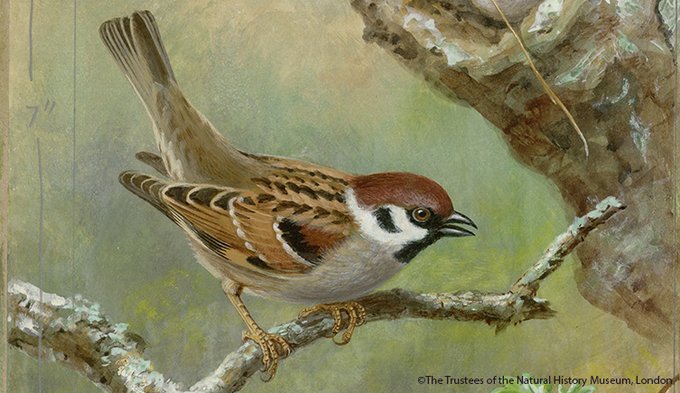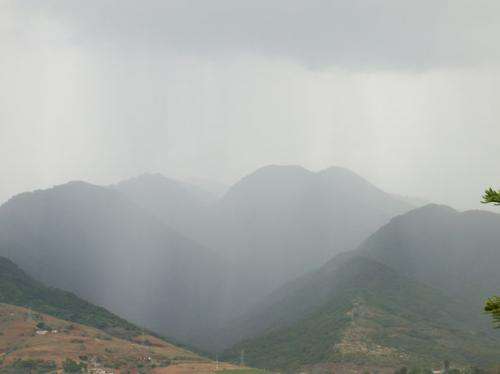Coronavirus pandemic
We have collated some of the different ways to enjoy and engage with nature whilst staying at home due to the coronavirus. ( Coronavirus pandemic)

With the UK government announcing that people should stay home aside for a few exceptions, such as one daily exercise or shopping for essentials, it may seem like there’s no way to connect with nature. But here we round up a few of the ways you can still engage with and learn about wildlife, whether it’s in your garden or virtually.
Wildlife in your garden
With spring underway and warmer temperatures, there’s more wildlife to see in your garden, or locally during your daily exercise:
Kabir Kaul, an award-winning young conservationist, on “making the most of these uncertain times by enjoying the wildlife on our doorstep”:
Today I saw Buzzards, Blackcaps and my first Comma butterflies of the year, all from my garden! Even when we are isolating at home, we can still enjoy and appreciate the wildlife on our doorstep. (Watch the Robin-shaped feeder for an unexpected visitor!)
Perhaps now is the time to undertake some wildlife gardening jobs?
Podcasts
There’s plenty of amazing wildlife, nature and science podcasts to listen to. In our guide on how to listen to podcasts, we also share a list of podcasts that you might be interested, including ones from our sister magazines BBC Countryfile and BBC Science Focus.
Hashtags / social media accounts
Some organisations and individuals have set up new hashtags or social media accounts as a way for people to share their wildlife sightings.
Wildlife From My Window
In 2015, Elizabeth Guntrip set up #WildlifeFromMyWindow with the BBC’s Springwatch, for people who are housebound due to illnesses and disabilities.
Being stuck at home & unable to move freely is hard.
I know because my community (& I) have experienced it for years due to chronic illness. They have always coped with calm resilience, dignity, kindness & strength.
Wishing anyone who needs it now the courage to do the same.
Read Also : Climate change impacts on water resources
RSPB
The RSPB has set up the #BreakfastBirdwatch, a daily hour on weekdays between 8-9am where supporters and the wider public can share photos and videos of their garden birds. There will also be different species and themes to focus on, such as drawing and poetry.
The Self-Isolating Bird Club
TV presenter, author and naturalist Chris Packham has set up The Self-Isolating Bird Club on Twitter and Facebook, so that birdwatchers can share their local sightings virtually.
Natural History Museum
On Fridays, the Natural History Museum is running the #NatureDrawingClub on Twitter, which began with the theme of ‘birds’ on World Sparrow Day.
In a time when we all need something to bring us together, we’re starting an #NatureDrawingClub – running every friday!
On this #WorldSparrowDay, we’re kicking off with the theme ‘birds’. So draw, paint or sculpt any bird you want – then share what you’ve done with us

Conservationist and TV presenter Lizzie Daly has set up daily 20 minute educational live lessons on her YouTube channel about science or nature over March/April, with the videos available to watch afterwards. Presenters so far include Chris Packham, Megan McCubbin, Gillian Burke and Bella Lack.
Skype A Scientist
Set up previously by Dr Sarah McAnulty and Dr David Jenkins, Skype A Scientist normally matches classrooms with scientists for Q&A sessions. However, due to the new coronavirus, Skype A Scientist is now open to more families to join in on live sessions via Zoom.
Tags: #agrawalcorporate, #chalopaisakamatehai, #coronavirus #, #coronavirusimpact, #covid, #Covid19, #getgreengetgrowing, #greenstories, #intraday, #mukulagrawal, #nature, #nifty, #pandemics, #safetyfirst, #sensex, #stayindoor, #stockmarket, #gngagritech





